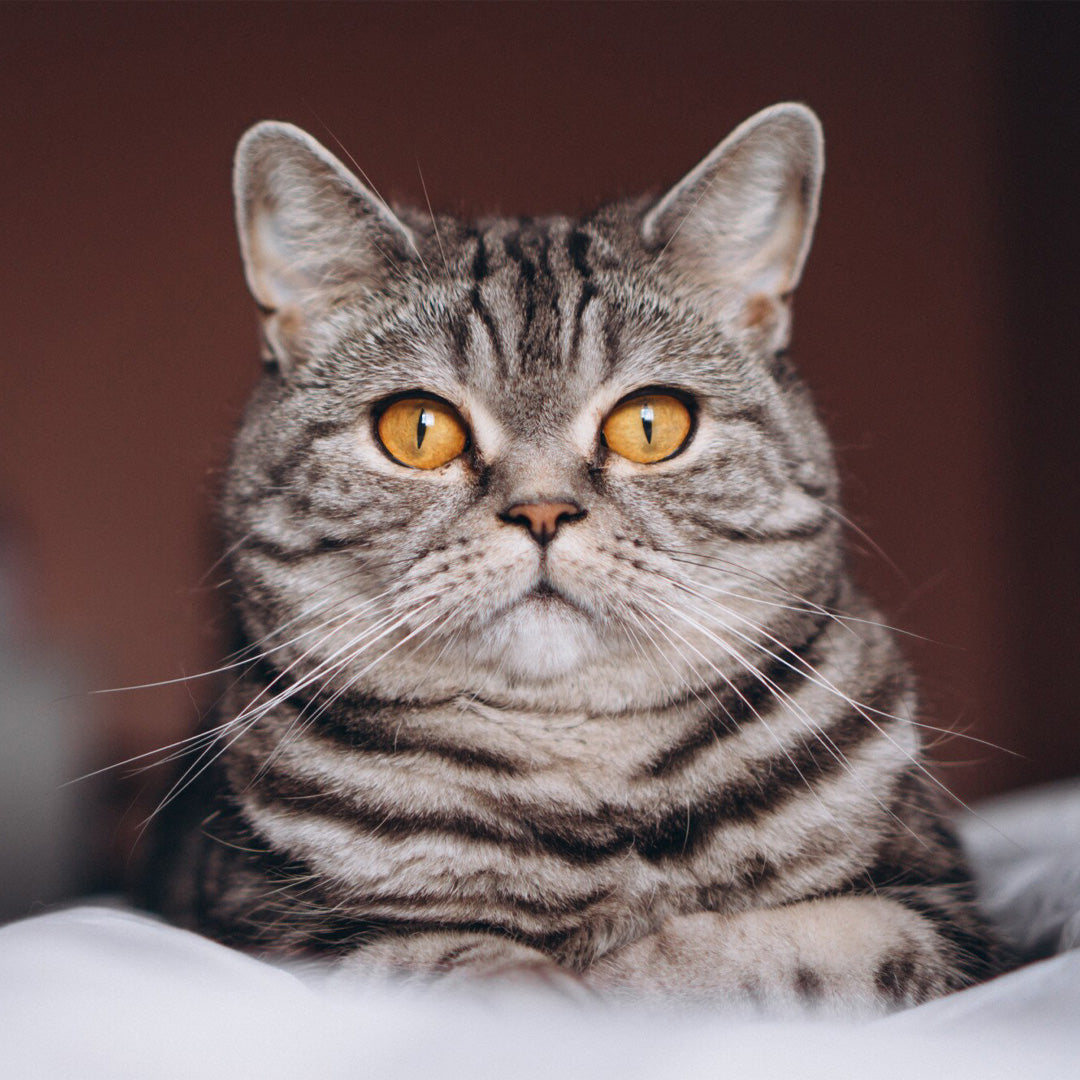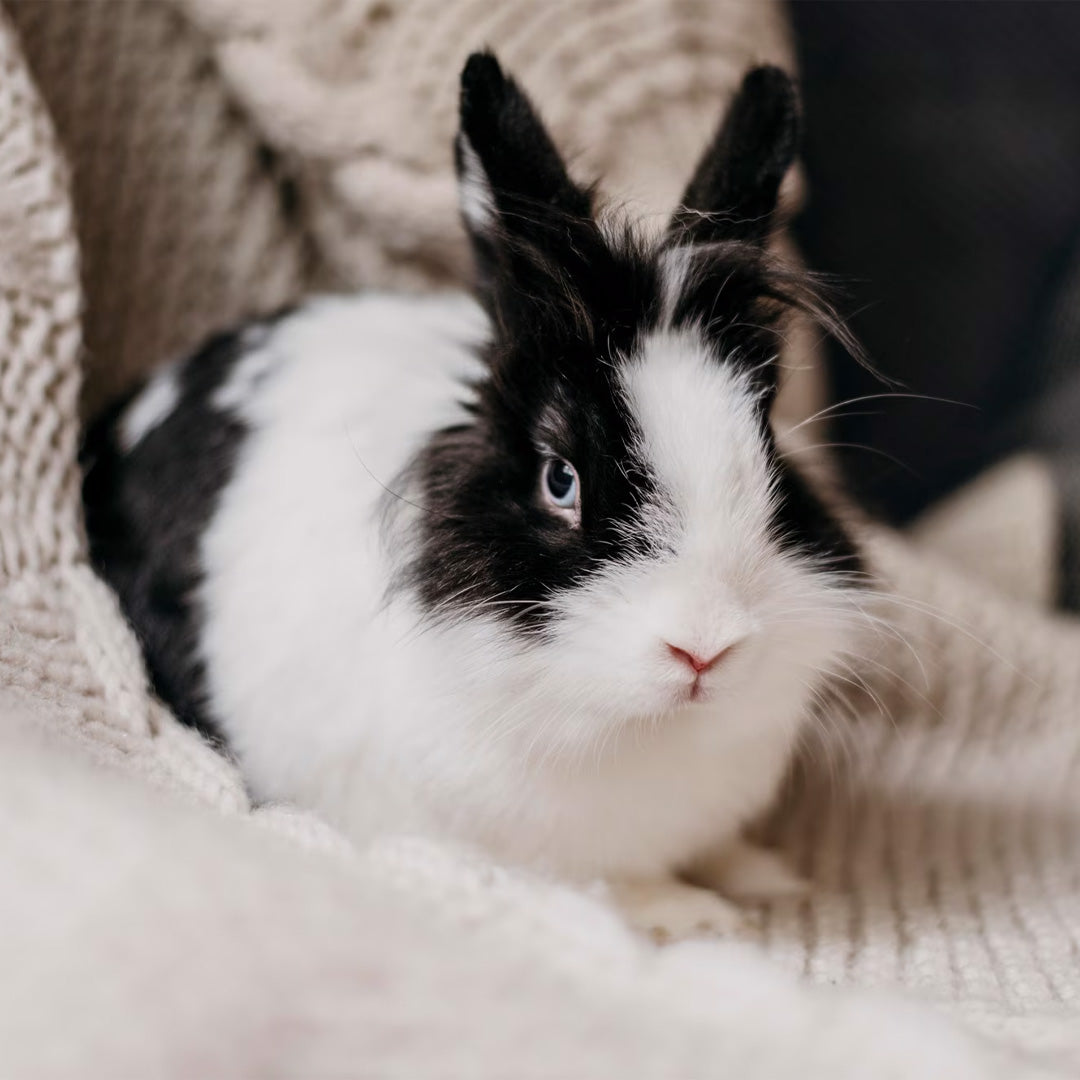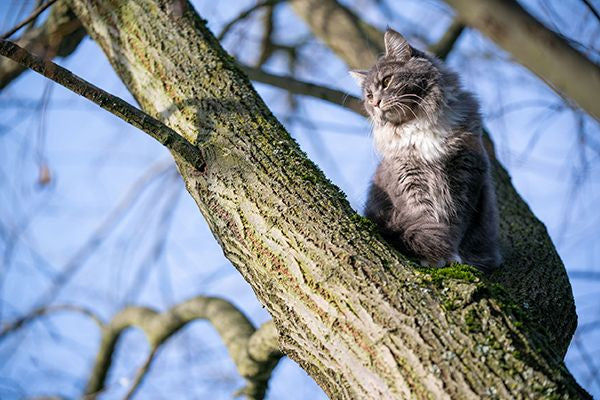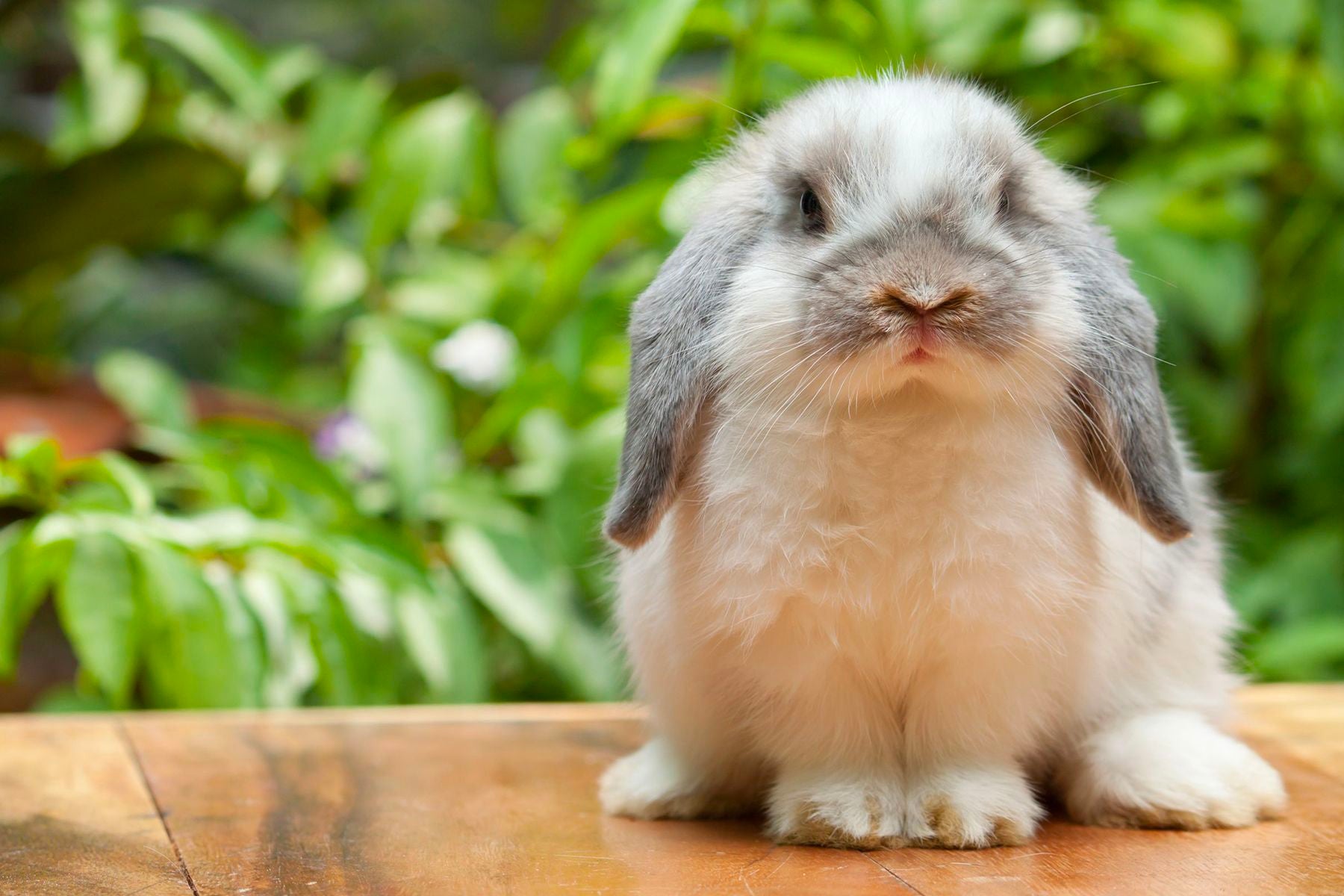In the collective imagination , the cat is a mysterious animal and what makes it so enigmatic is its tendency to carefully scrutinize whoever is in front of it and to distrust what it does not know. The cat, unlike the dog, is an almost totally independent and solitary animal, it is not always inclined to cuddles and games and often needs its own space and time . These characteristics, rather unusual for a domestic animal, over time have made it the victim of unfounded superstitions related to magic and witchcraft , an example of which is the legend of the black cat that still today endangers many specimens.
On the occasion of International Cat Day , which is held every year on February 17 , we want to tell you some curiosities to better understand the habits of our feline friends and, why not, dispel some myths. The month of February was chosen to celebrate cats because people born in this month are considered free and nonconformist and, as we have seen, these are characteristics also associated with felines.
In this article…
1. Why do cats love boxes?
What all cat owners wonder is why their cat often prefers an old box instead of an expensive high-quality scratching post. Cats use boxes as a refuge from danger or as a place to ambush, they love to hide inside closed and safe spaces, for this reason they love to rest inside old cardboard boxes. In addition, cardboard is an excellent sound insulating material and this makes it a great place to rest.
For this reason, in our wide range of accessories we have included cat scratching posts made of cardboard , or in different materials with comfortable beds in which to rest. The choice of these accessories allows the cat to have fun without filling the house with annoying parcel boxes and pieces of cardboard.

2. Not all cats hate water
It is common to think that cats do not have a good relationship with water, this thought is reinforced by the reluctance with which most cats approach puddles of water or drink from bowls, even if filled with fresh, clean water. But do cats really hate water?
Often cats are intrigued by a tap with running water and start playing with it or even drinking it, this is because it is not entirely true that felines hate water, or at least it is not a characteristic of all cats. Usually what they do not appreciate is stagnant water due to their strong instinct for self-preservation: their superfine sense of smell can easily detect the presence of toxic substances in the water . Furthermore, it is well known that moving water tends to be cleaner than stagnant water. For this reason, dehydration is a very common problem for cats, if your feline friend has difficulty drinking , cat fountains are probably the ideal accessory to get even the most reluctant animals to approach.

3. When do cats purr?
A cat's purr is an instinctive reaction that originates from childhood: a mother cat while breastfeeding her kittens emits it to reassure and relax them. Purring is often accompanied by the typical cat "kneading" gesture, which also recalls the breastfeeding period.
This instinctive reaction , which remains in cats even in adulthood, is considered a real communication tool . When they are petted by their owner, when they are in the company of other cats or when they eat their favorite food, cats express a feeling of well-being and good humor through purring. However, purring does not only express positive states of mind , it often indicates fears, is used to relieve pain or if the cat is in a state of stress it helps him to calm down.
4. Why do cats like to climb?
Cat owners have probably noticed how much this animal likes to perch on closets, climb curtains, walk on shelves, climb on beds and sofas. It can be said that cats like to look at the world from above, why?
This behavior comes from the feline predatory instinct: in fact, cats love to keep the environment under control from potential prey and threats from predators . Jumping and climbing are hunting behaviors that are very entertaining for all felines, which is why there are so many vertical structures for cats on the market, allowing your kitten to dominate the room and keep an eye on his group of human friends. For the more adventurous cats, the use of structures that develop vertically allow them to satisfy their need to climb while safeguarding the ornaments in the house.
5. Why is my cat's tongue rough?
When your cat licks you, you will surely have noticed how rough and scratchy its tongue is . This has aroused the curiosity of experts, who, examining it under a microscope, discovered that the cat's taste buds are made of keratin , which makes them have a rigid and resistant consistency, similar to that of our nails.
Furthermore, the cat's tongue is very flexible and this allows it to reach even the most difficult parts of the body. The taste buds it is made of are long and thread-like, similar to curved hooks and being attached to the soft tissue of the muscle, they can rotate in all directions. This feature allows the cat to perfectly untangle the hair from knots, dirt and parasites, ensuring optimal hygiene of the coat .

6. Why do cats hide their feces?
One of the behaviors that arouses the most curiosity is the fact that cats, like dogs, cover their feces. Why do they do it? Despite being a very clean animal, contrary to what one might think, this behavior is not related to cleanliness, but rather to a question of safety.
Covering your feces with cat litter means hiding their smell from potential predators, not doing so would mean challenging potential dominant cats in the territory. This is also an instinctive behavior, hiding your tracks prevents predators from chasing them into their den and possibly attacking your kittens.






